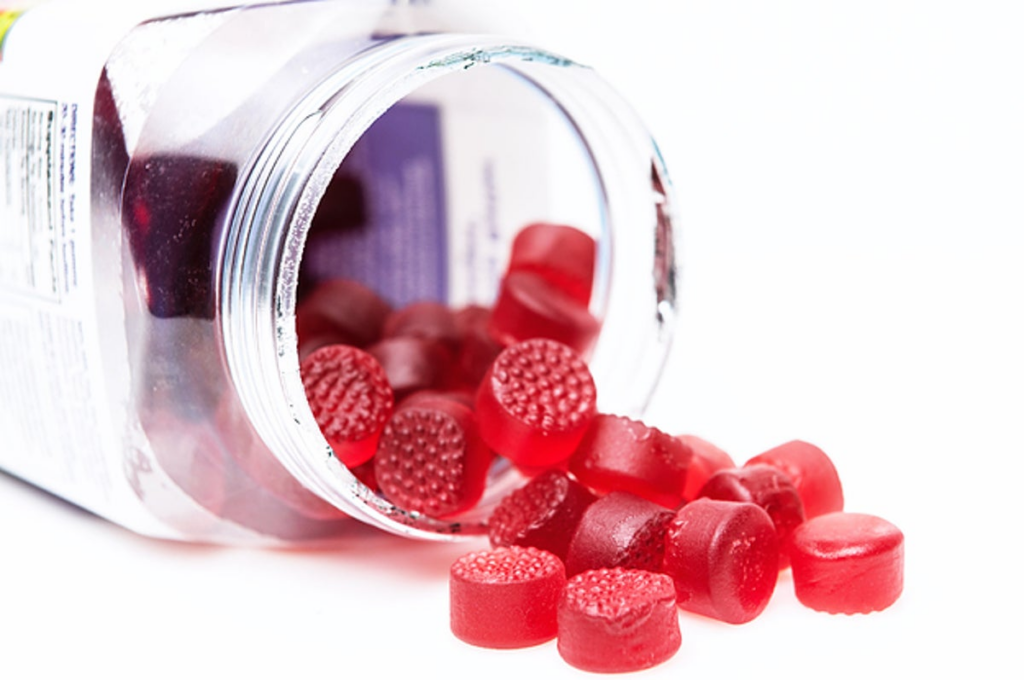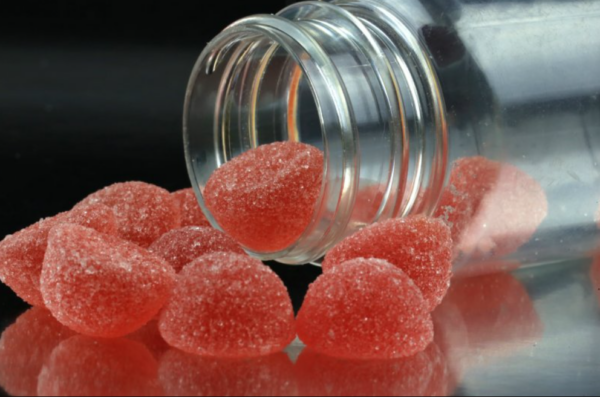A new JAMA study found that people who take the over-the-counter sleep aid melatonin may be getting more or less than they think. The Cambridge Health Alliance and the University of Mississippi found that 22 of 25 melatonin-containing gummy supplements had significantly different levels than advertised.
Melatonin levels ranged from 74% to 247% in the 22 mislabeled goods. One was melatonin-free. This didn’t surprise lead author Dr. Pieter Cohen, a Harvard Medical School associate professor and Cambridge Health Alliance internist.
Melatonin supplements have been “thought to be relatively safe,” however the FDA does not regulate them as closely as over-the-counter medications. He argues supplement makers don’t need FDA approval. “They don’t need to prove anything to the agency—so they do whatever they want” with amounts. Avoiding quality control saves money.”

Unintentional ingestion accounted for most calls.
After a 2022 research indicated that kid melatonin calls to U.S. poison-control centers increased more than 500% from 2012 to 2021, Cohen examined melatonin gummies. “The majority of those calls were due to unintentional ingestions,” he says, and gummies are especially enticing to kids, who can mistake the medication for candy.
Nearly 20% of poison-control calls described symptoms like gastrointestinal distress, cardiovascular issues, and more, yet most youngsters were well. Consumer Reports reports that 10% of U.S. parents have a child who takes melatonin.
Melatonin supplement dosages vary widely, according to study. In 2017, a Canadian study discovered that 71% of over-the-counter pills, some of which were supplied in the U.S., mislabeled melatonin levels by at least 10%. Cohen thinks the under-regulated supplement business in the U.S. gives manufacturers no incentive to reform.
A 10th or three milligrams—raises their levels to nocturnal levels.
Companies typically sell melatonin supplements as “natural” because the brain releases it to make us sleepy at night. Cohen said several of their doses exceed what the body manufactures. Cohen explains that giving a 20-year-old adult a very modest dose of melatonin in the morning—like a 10th of a milligram or three—raises their levels to nocturnal levels.

Popular over-the-counter supplements frequently advertise five or 10 milligrams per dose. A nighttime melatonin habit could add many times the body’s production, given Cohen’s study’s variable dosages.
Cohen advises avoiding taking too much melatonin whether it has helped for you or you wish to try it. Look for supplements with a high-quality third-party verification stamp from USP or NSF International, who test and approve supplement producers.
To test melatonin, clean up your sleep patterns first. Melatonin isn’t like “listening to classical music to sleep, or drinking a warm glass of milk,” explains Cohen. Extra classical music won’t hurt. Medication melatonin.

